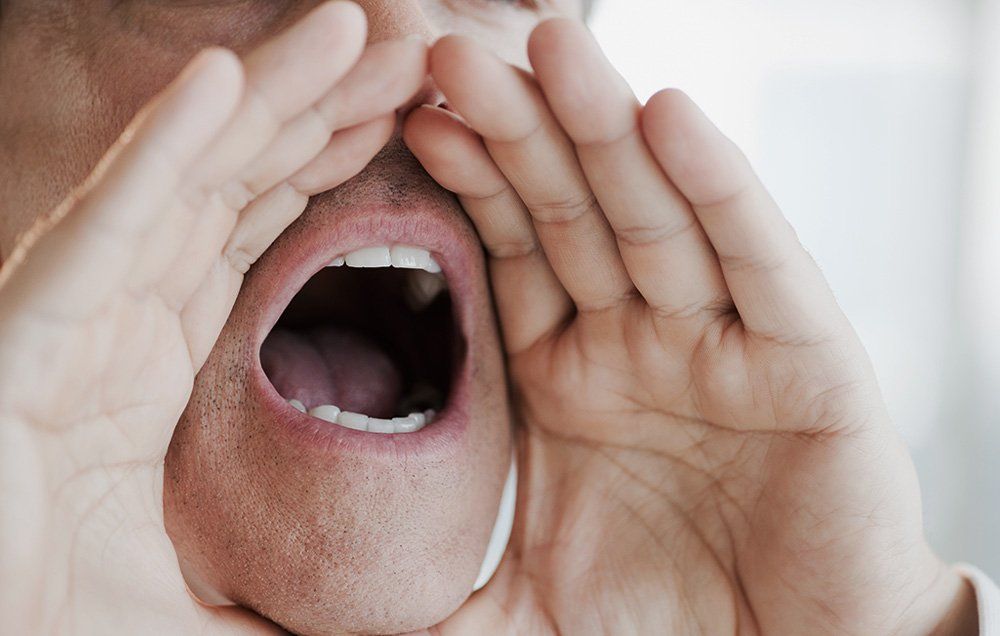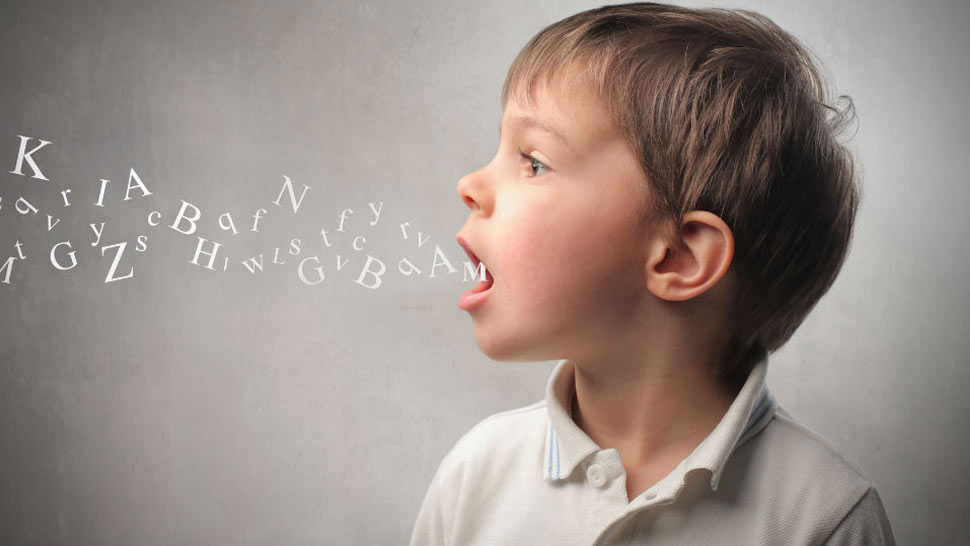
But vocal coach Roger Burnley suggests that your singing voice may never be fully developed – that as you grow older, your voice will constantly be changing, and you should always be looking for ways to improve. Voices that have a deeper, heavier tone typically take longer to fully develop. But generally speaking, singers usually see their singing voice start to really come on between the age of 20 – 30. When does your singing voice fully develop?ĭifferent people mature at different rates, and this applies to your voice too. This doesn’t spell the end, though, plenty of singers continue singing into their later years! Your voice can start to thin, wobble, and change pitch.


The vocal folds grow stronger, and so do the muscles supporting them. Early adulthood – even after puberty, your body still undergoes hormonal and physiological development.The experience is different for everyone, but some girls will find their voice is raspy on certain days of the month, they struggle to produce low or high notes, or their vocal cords feel swollen. Menstrual cycle – girls experience changes in their voice during puberty too, but not as noticeably as boys.How does the menstrual cycle affect your singing and vocals? Boys can experience loss of pitch, squeakiness, a husky voice and loss of notes when they sing. The vocal cords grow and change like the rest of the body, and the voice goes through changes to accommodate for this. Puberty – a boy’s voice will change between the age of 12 and 16.As you grow up, there are v arious physical milestones that can affect your voice (and in turn, your singing voice): How does puberty affect your singing voice and vocals? What happens to your singing voice as you get older?Įveryone’s voice changes as they get older, whether they sing or not. With each passing year, it is more expressive than it ever was.” I am still surprised at the development of new colo u rs and variations within it. In fact, the more I sing the better my voice becomes. I am able to sing for hours with no fatigue or blow-out. In a discussion about the effect of age on the voice, Deva replied “my voice has remained full, flexible, powerful and versatile. G etting older can bring your singing voice on leaps and bounds because getting more familiar with your vocal ability and working on your technique can help you sing better. She highlights how age doesn’t just bring physical changes to a singer’s vocals. But singing coach Jeannie Deva says her voice continues to flourish year after year. Singers generally notice th at their voices peak in adulthood, then start to deteriorate in later years.

Does your singing voice get better with age?
WHAT CAUSES VOICE CHANGE IN ADULTS FULL
Early adulthood is a milestone for the singing voice because the voice box becomes fully developed and the singing voice is able to reach its full potential. With time and experience comes a better singing technique, more vocal stamina, and stronger, better – executed performance. Age can improve your voice the more years you’ve been singing for, the more experience you have. Your singing voice will change during adolescence, early adulthood, and can then change again in later life. Age doesn’t just affect how your voice sounds and how your vocal cords perform, how old you are can also influence your singing technique, ability, and performance. Lots of variables affect your singing voice, and age is one of them. It’s not just about the physical changes it’s important to understand the other key factors that help your voice develop. Understanding your singing voice and how it changes with age will help you u nlock your voice’s full potential. Your voice can change in lots of ways during your lifetime and reaching vocal peak and maturity varies from person to person. It’s the experience and practice that comes with age that improves your vocals. Getting older won’t miraculously improve your singing. The human voice goes throug h various physical changes as its ages, which all have an effect on the singing voice. Read on to find out more! What happens to singer’s voices as they age? But is a good singing voice something that simply comes with age? At what age do singers peak (or even retire)?Do singers lose their voice when they get older? And can puberty even have an impact on your singing voice and vocals? We’ve developed a short guide explaining how voices can get better with age, or in some cases could even get worse. There are lots of methods singers use to try and improve their voice.

Posted on (Last updated ) by Gemma Saunders


 0 kommentar(er)
0 kommentar(er)
